
Looking to remodel your shower? Here’s how much it costs, what factors affect cost, and what to expect.
The average cost to regrout a shower is $1,500, though most homeowners pay between $600 and $2,500, depending on the type of grout and its original condition.


Homeowners typically spend about $1,500 to regrout a standard shower.
Most projects land between $600 and $2,500, depending on size and grout type.
Expect to pay roughly $10 to $25 per square foot for materials and labor.
Bringing in a pro helps you avoid hidden moisture damage and the expensive fixes that follow.
This article was created using automation technology and thoroughly fact-checked and edited by HomeAdvisor Editor Ryan Noonan.
If the dingy grout lines in your shower have you showering with the lights off, it’s probably time for a refresh. Regrouting costs $1,500 on average, but can run as low as $560 or as high as $3,100. Regrouting costs rise or fall with your shower’s size, the grout you choose, and where you live. Since grout slowly breaks down under constant moisture, plan on regrouting every 10 to 15 years. Hiring a local grout repair professional ensures the job is done properly, preventing potential damage and costly repairs down the line.
You can expect to pay between $10 and $25 per square foot to have a local grout repair professional regrout your shower, including materials and labor. Standard square showers in U.S. homes measure 32-by-32 inches, while rectangular showers average 36-by-48 inches.
The prices above include the complete removal of old grout. Ensure that these details are included in the estimate, as some contractors may not remove all the old grout.
When you’re pricing a regrout, start with the grout itself and the shape it’s already in. Tile size matters, too—small tiles mean more joints to fill, which drives up both material and labor costs.
The grout you pick—unsanded, sanded, epoxy, or a specialty antimicrobial mix—plays a major role in what you’ll pay. Specialized grouts, such as antifungal, antibacterial, epoxy, unsanded, and finely sanded options, offer unique properties that can increase the price. Dry grout costs $10 to $65 per 25-pound bag, while premixed grout ranges from $12 to $160 per bag.
If the existing grout is crumbling or shows dark mold spots, moisture may already be lurking behind the tile. In that case, budget for any water-damage repairs before the new grout goes in.
The size of your tiles impacts the amount of grout required. Smaller tiles result in more grout lines, increasing the overall cost.
Scraping out old grout and packing fresh joints sounds simple, but it’s messy, time-consuming, and easy to botch. One slip can chip a tile, and poorly packed joints invite moisture and mold. A seasoned pro can finish the job faster and spare you a second round of repairs.
If you’re unsure at any point, call a trusted tile pro to finish the work. A grout repair professional near you can tackle the job quickly and protect your shower from future leaks.
No place is more important than your home, which is why HomeAdvisor connects homeowners with local pros to transform their houses into homes they love. To help homeowners prepare for their next project, HomeAdvisor provides readers with accurate cost data and follows strict editorial guidelines. After a project is complete, we survey real customers about the costs to develop the pricing data you see, so you can make the best decisions for you and your home. We pair this data with research from reputable sources, including the U.S. Bureau of Labor Statistics, academic journals, market studies, and interviews with industry experts—all to ensure our prices reflect real-world projects.
From average costs to expert advice, get all the answers you need to get your job done.

Looking to remodel your shower? Here’s how much it costs, what factors affect cost, and what to expect.
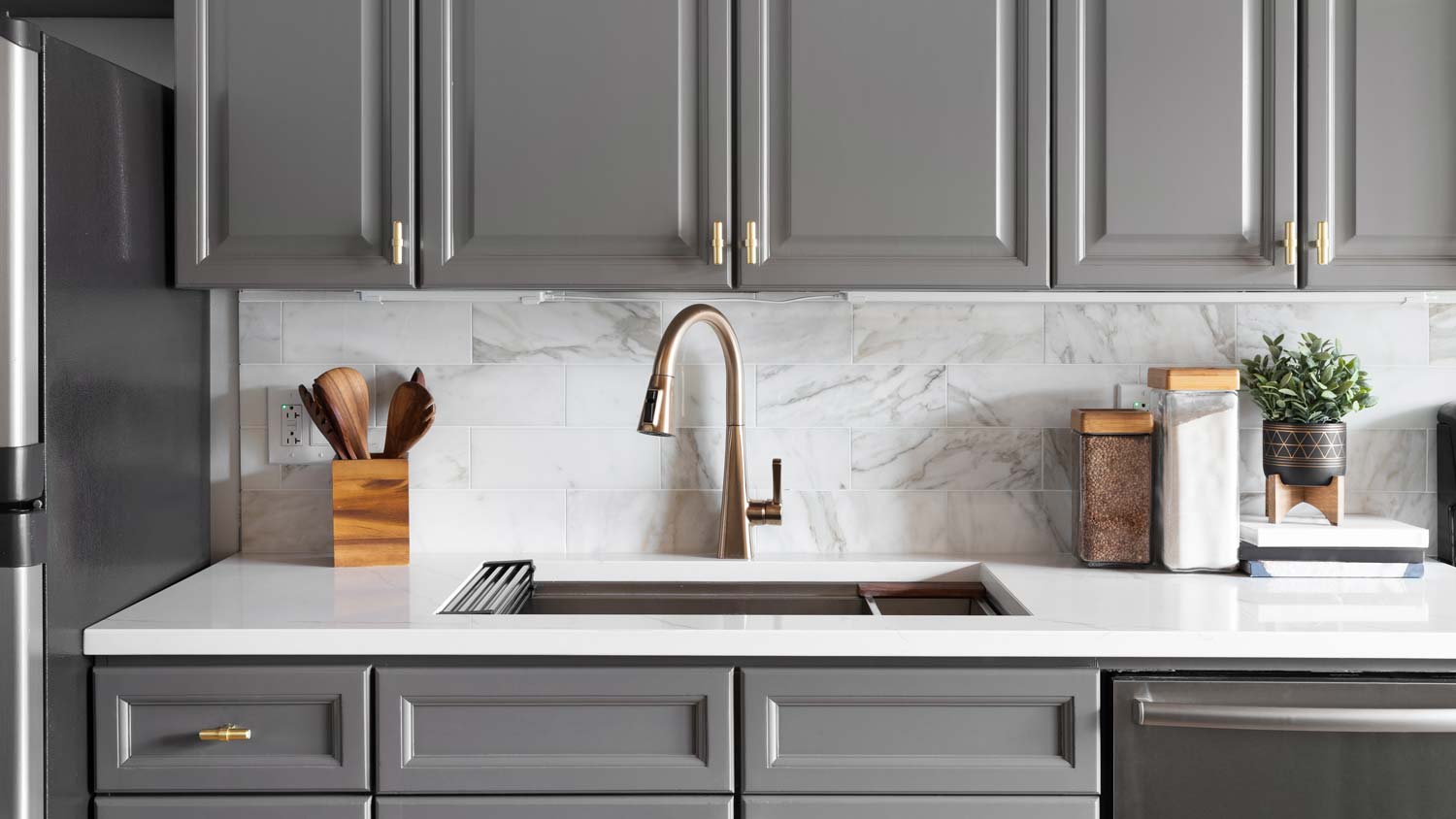
Wondering who repairs undermount sinks? See when to call a countertop specialist or plumber, what to expect, and typical repair costs
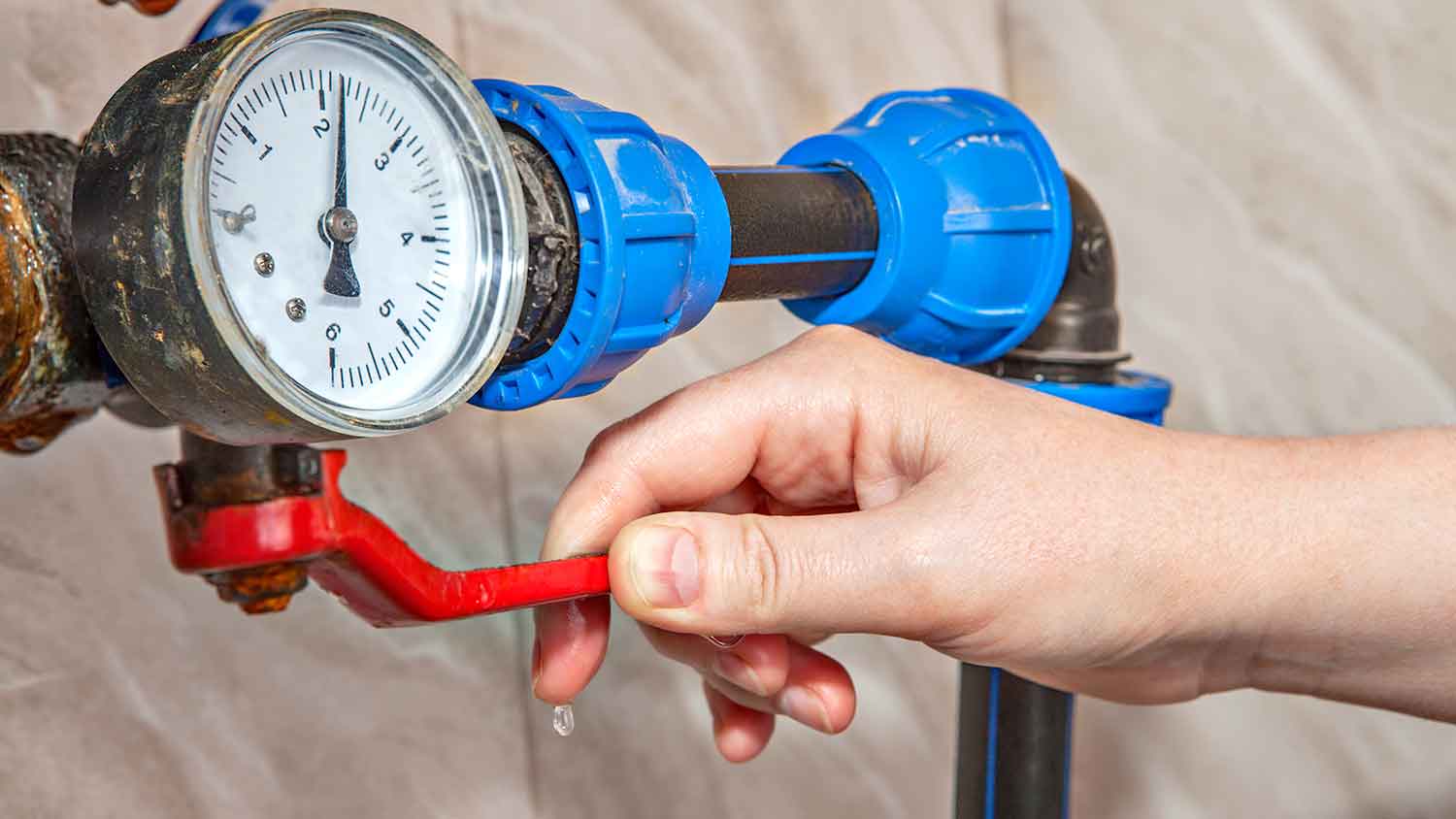
Learn who to call for a water main break. See why a licensed plumber is best and what repairs cost so you can act fast
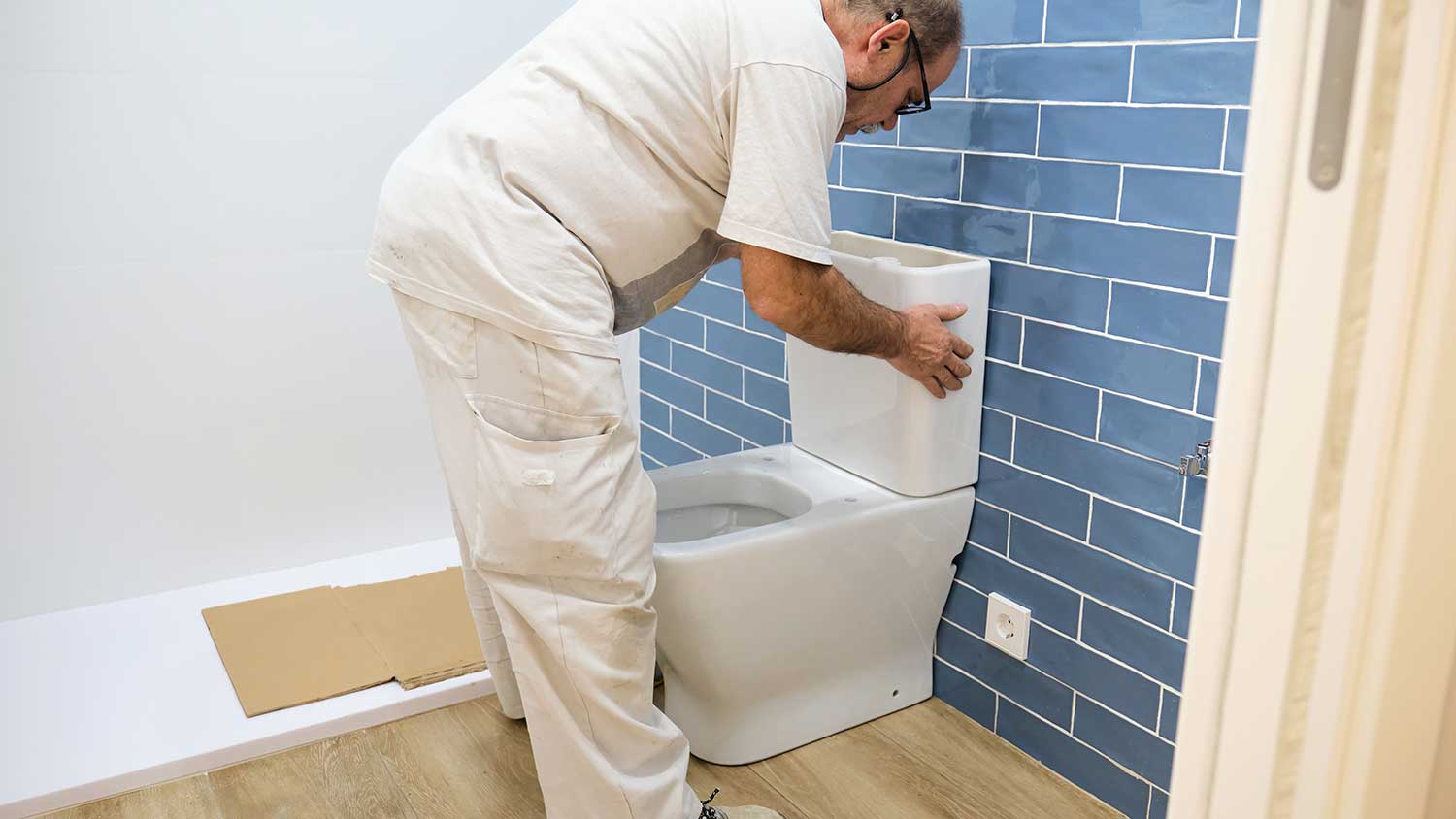
Find who to call to replace a toilet—plumber vs. handyperson—plus steps, timing, and costs. Learn how pros prevent leaks and protect your bathroom
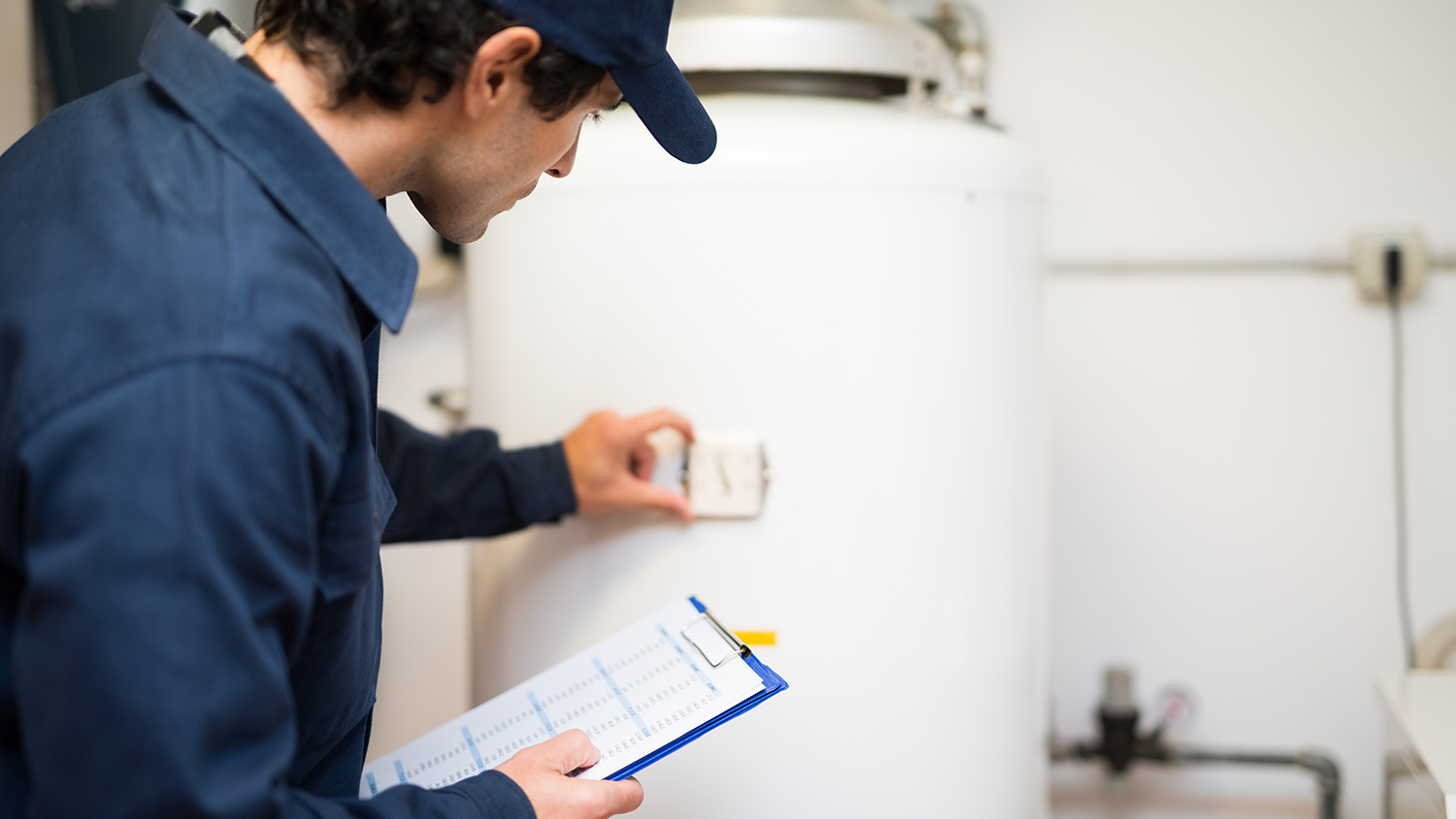
Who fixes water heaters? Learn who to call—plumbers or electricians—and what to expect so you can hire the right pro today.
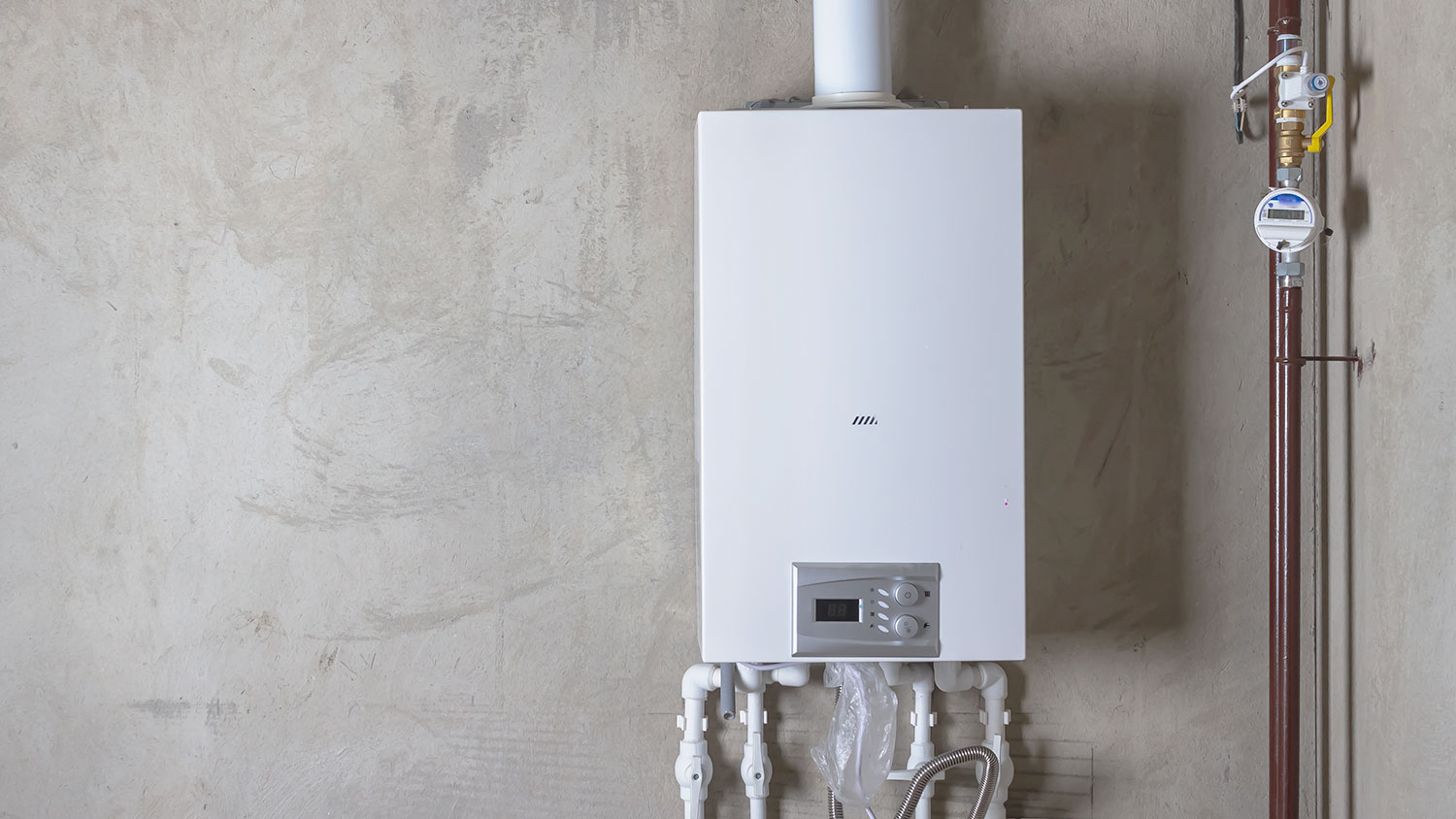
Wondering who fixes tankless water heaters? See who to call for tankless water heater repair and when an electrician is appropriate.